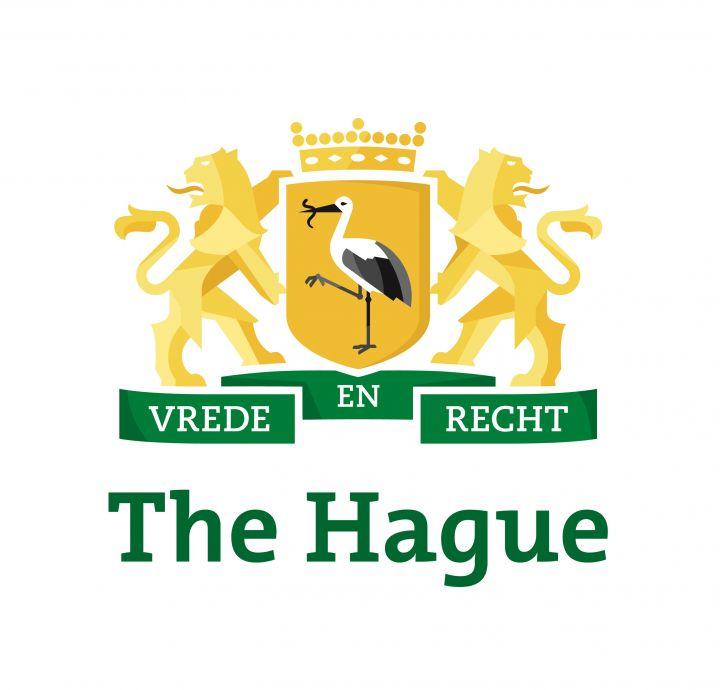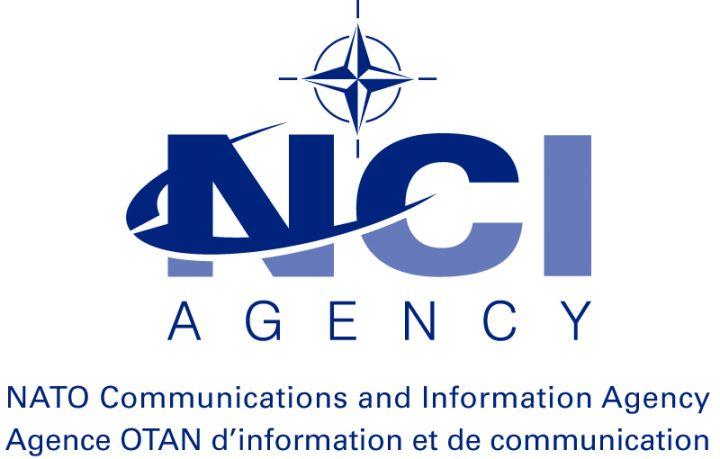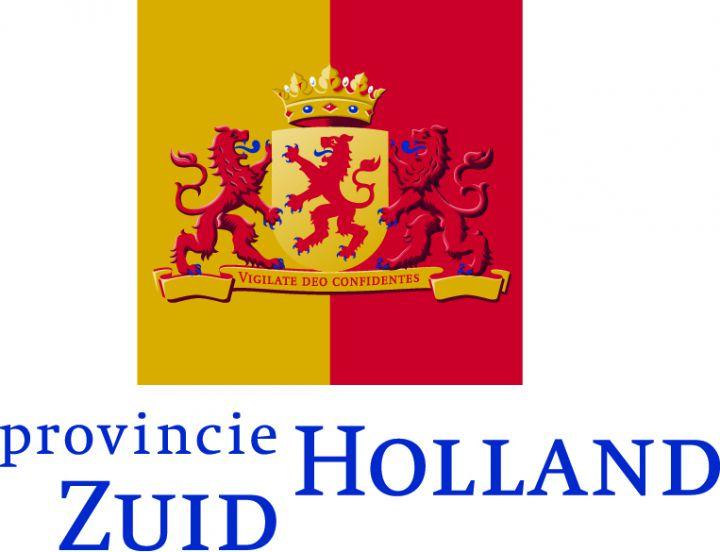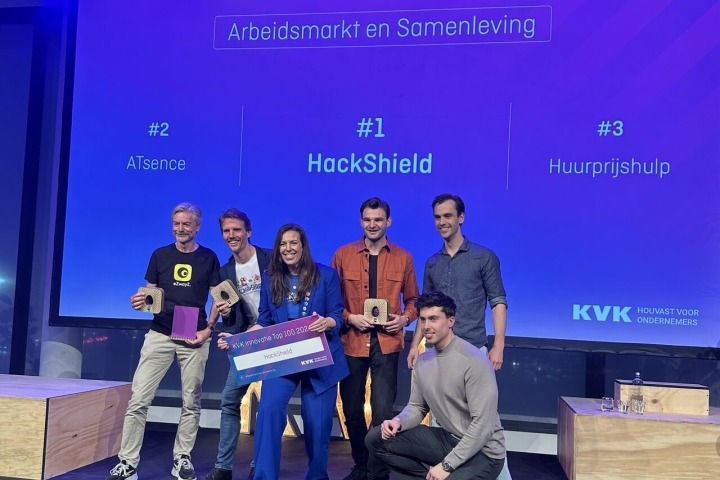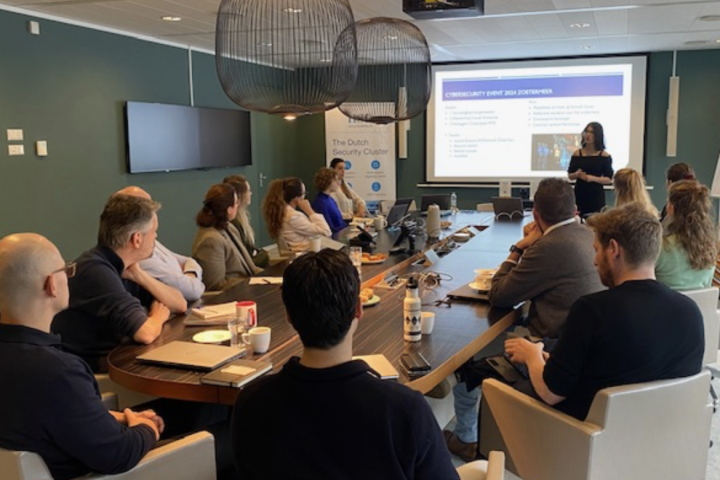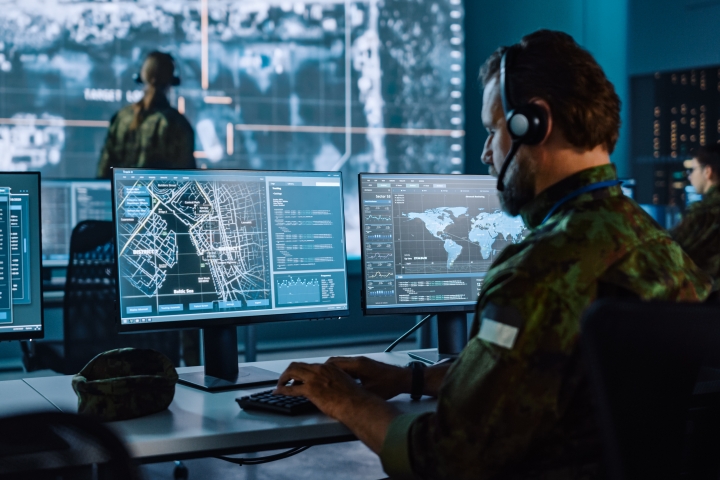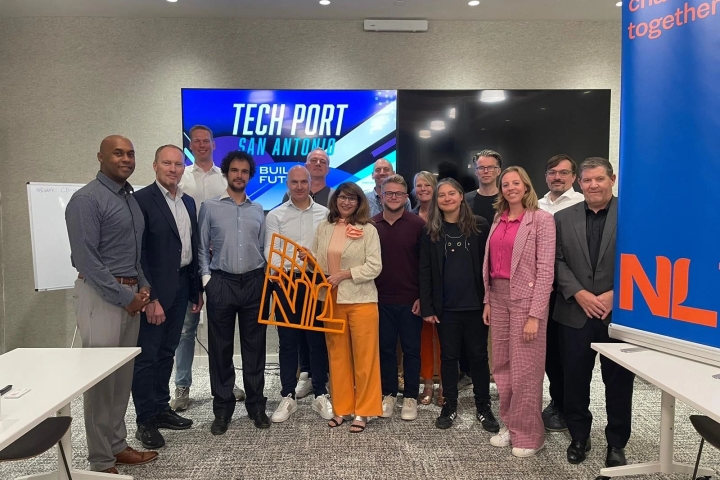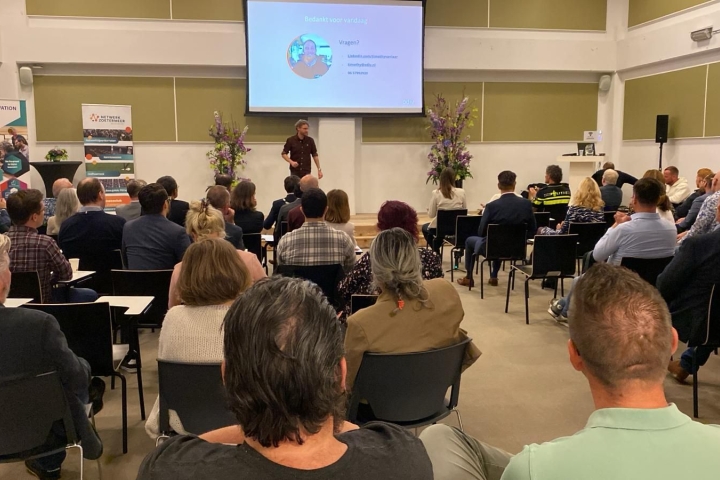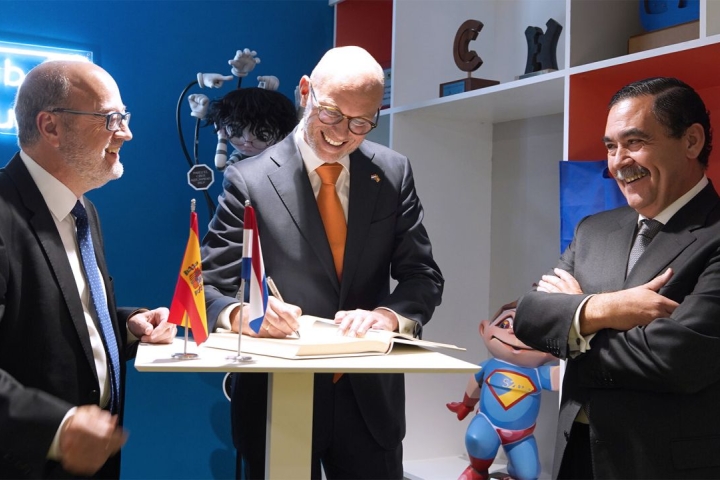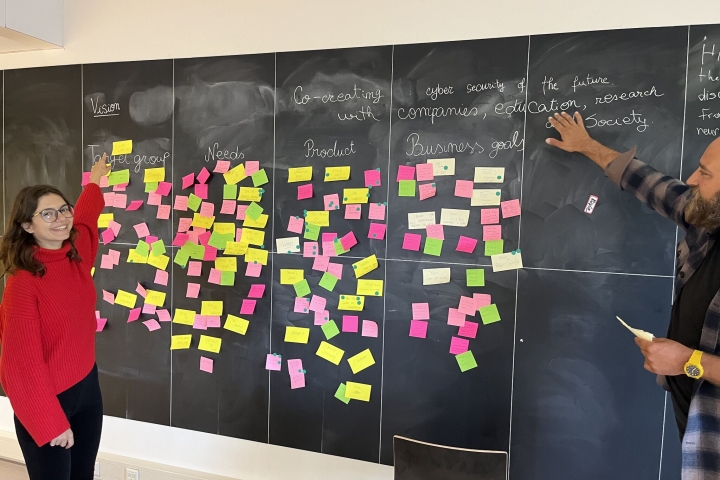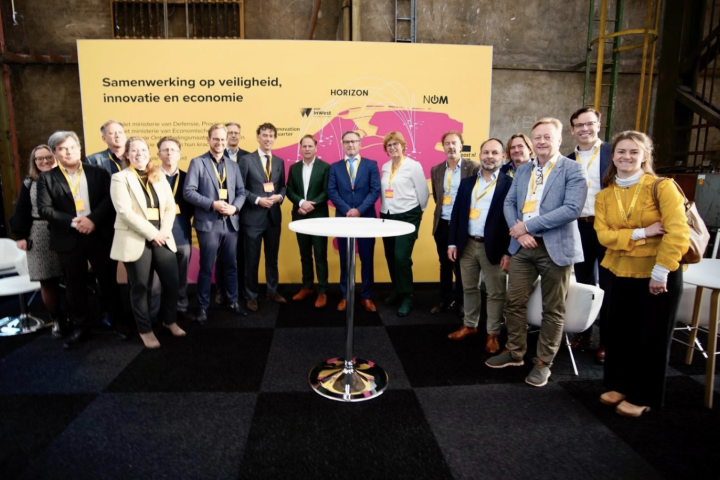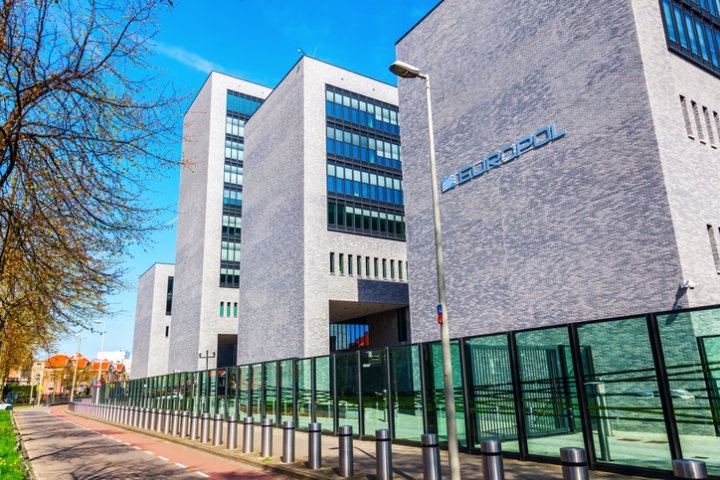NWO Awards Funding to Projects Aimed at Collaboration Between Humans and (Semi-)Autonomous Systems
NWO has awarded funding to three projects within the KIC call ‘Collaboration between humans and (semi-)autonomous systems’. This call is centered on the advancement of (semi-)autonomous systems, their integration into society, and their cooperation with people. Among other things, projects will investigate the robust and safe control of remotely operated offshore vehicles.
The primary goal of the call is to kickstart multidisciplinary research that advances human and semi-autonomous systems' ability to work together. In this field, social innovation and technological innovation go hand in hand. This call examines technological advancements, social and organisational factors, and enhancing human-machine collaboration.
The three awarded projects are:
1. AUTOROBUST: Robust and safe control of remotely operated offshore vehicles
The goal of this project is to investigate the interdisciplinary elements of creating human-autonomy hybrid control systems that are reliable for remote surface and underwater vessels that are operating in situations where communication is restricted. It specifically addresses the practical difficulties in developing a strong hybrid control strategy, the legal ramifications of liability and accountability when combining human and autonomous control, and the legal and practical difficulties in transferring between human and autonomous control.
2. STEADFAST – Swarm Technology Enabling Advanced Drone-Facilitated Active Support Tactics for Military and First Responder Operations
Situational awareness (SA) is critical for disaster response, particularly for military (special) operations when prompt decision-making and real-time monitoring are essential. Intelligence, surveillance, and reconnaissance (ISR) combined with human-swarm teaming (HST) capabilities can provide accurate and efficient SA in both natural and densely populated areas. All the same, a number of scientific and sociological obstacles make successful HST deployment hard. By enabling quicker reaction times, improved decision-making, and more efficient use of military and first responder personnel and resources, this project hopes to minimise casualties and collateral damage.
3. AI-COMPASS: Adaptive Intelligence in Crowd Crisis Management through Al-Human Coordination and Ethical Practice
Artificial intelligence (AI) has become so commonplace that it has altered how people interact with each other and with machines in order to make judgments. The growing application of AI in crisis management has sparked debate on the moral, legal, organisational, and societal ramifications. Decisions made in crowd emergencies must balance extreme urgency with complexity and ambiguity, which requires significant behavioral and cognitive changes. Furthermore, human-AI teams that must be coordinated are the reality of crowd disaster response, which raises moral quandaries. AI-COMPASS creates cutting-edge real-time support systems and direction for decentralised human-AI teams because it understands the significance of context, behavior, and values.
For more information on the awarded projects and consortia visit NWO.
Photo: Istock.com/Sakorn Sukkasemsakorn





